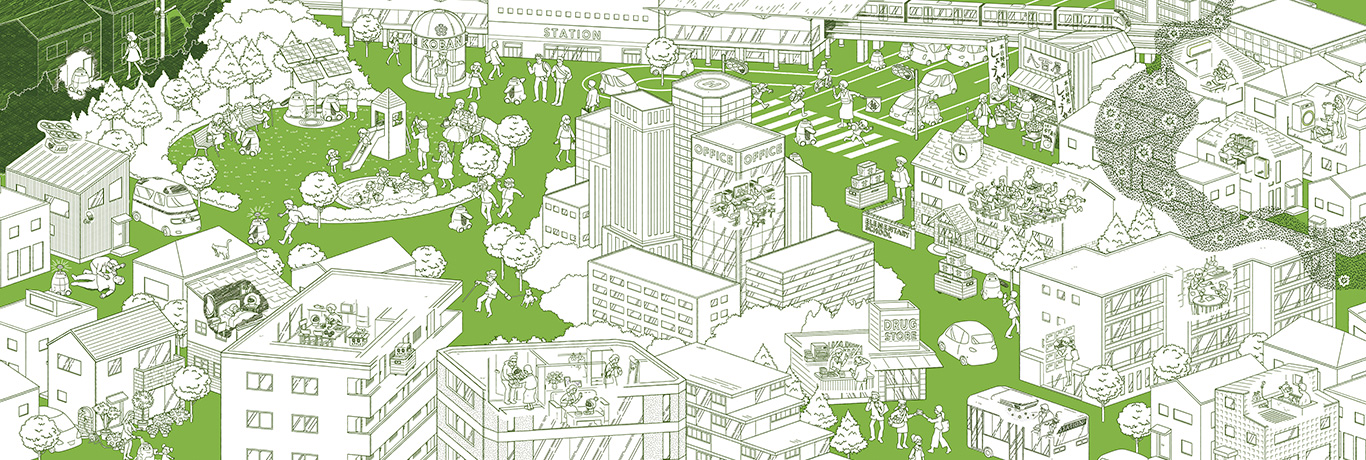What kind of compelling issues will be caused by such social phenomena as increasing urbanization, a declining birth rate, and an aging population in scenes at home and in the city where people live?
This vision has elicited two social directions—“increased traffic of people and goods” and “change in the nature of anxiety”—by combining these phenomena and future signs. The vision will be depicted by focusing on these newly generated issues of people in society.
 Connecting services for household choresNew services reduce the burden of household chores.
Connecting services for household choresNew services reduce the burden of household chores.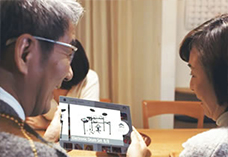 More household items within reachControlling the amount of possessions + decluttering + borrowing and lending = comfortable life in a small house
More household items within reachControlling the amount of possessions + decluttering + borrowing and lending = comfortable life in a small house My meal pass to go!Leave your worry on dietary restrictions to the machine.
My meal pass to go!Leave your worry on dietary restrictions to the machine.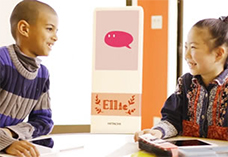 Educating kids with robotsRobots become friends with students, and brief the teacher to provide information on students at school.
Educating kids with robotsRobots become friends with students, and brief the teacher to provide information on students at school.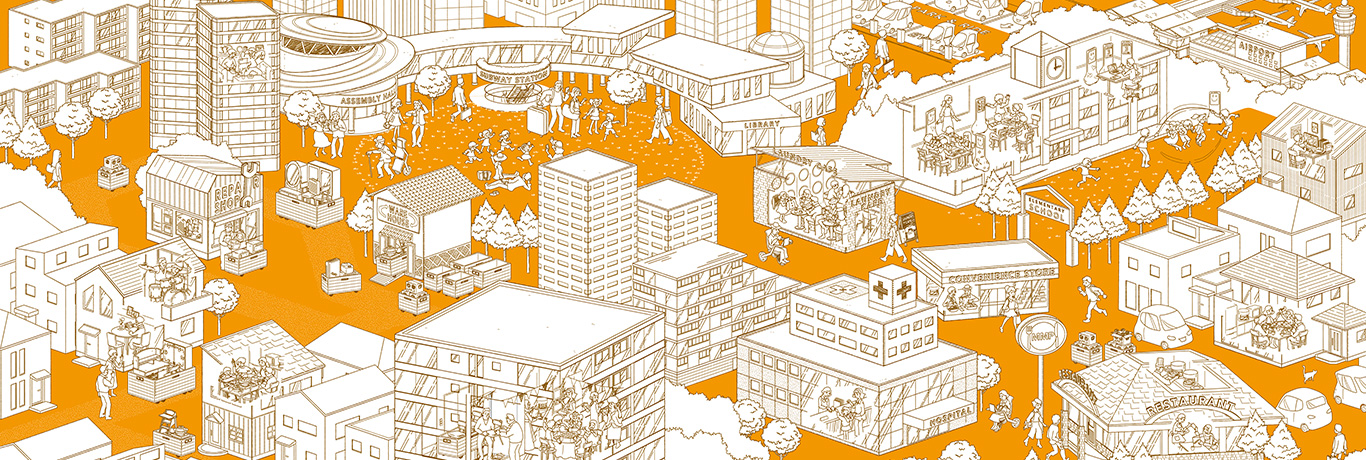
 Ageing with meBy sensing a subtle change, robots stay with people while shifting their roles.
Ageing with meBy sensing a subtle change, robots stay with people while shifting their roles. Home appliances to ward off coldsHome appliances in the community visualize the spread of virus to change the behavior of residents.
Home appliances to ward off coldsHome appliances in the community visualize the spread of virus to change the behavior of residents.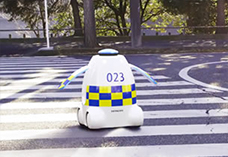 Humanizing public safetyPatrolling robots establish a relation with residents, and provide a visible reassurance to residents.
Humanizing public safetyPatrolling robots establish a relation with residents, and provide a visible reassurance to residents.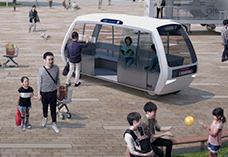 Morphing into a walkable cityA city focusing on people will bring new change and circulation into it.
Morphing into a walkable cityA city focusing on people will bring new change and circulation into it.